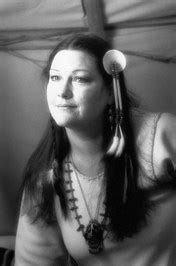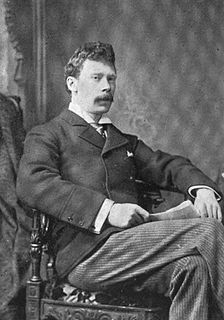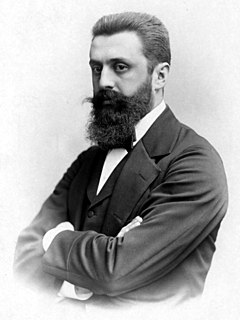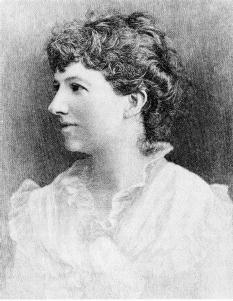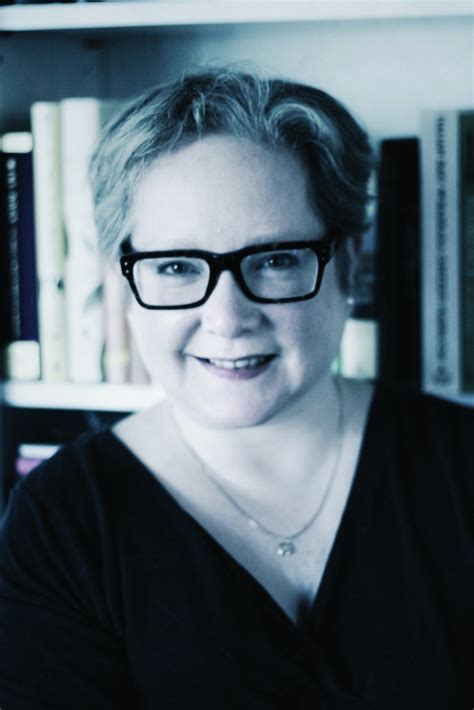A Quote by Marcel Proust
We do not succeed in changing things according to our desire, but gradually our desire changes. The situation that we hoped to change because it was intolerable becomes unimportant. We have not managed to surmount the obstacle, as we were absolutely determined to do, but life has taken us round it, led us past it, and then if we turn round to gaze at the remote past, we can barely catch sight of it, so imperceptible has it become.
Related Quotes
When we feel we are powerless our ego most wants to change the things in our world. As we realize we have the power to change our reality the maturity that comes with that understanding changes us, and we find ourselves in acceptance of what is with less desire of feeling our need to change the world around us.
what he sought was always something lying ahead, and even if it was a matter of the past it was a past that changed gradually as he advanced on his journey, because the traveller's past changes according to the route he has followed: not the immediate past, that is, to which each day that goes by adds a day, but the more remote past. Arriving at each new city, the traveller finds again a past of his that he did not know he had: the foreignness of what you no longer are or no longer possess lies in wait for you in foreign, unpossessed places.
Demons frighten us because we set ourselves up to be frightened. We are overly attached to our reputations and possessions. When we love and desire what we should be rejecting, we are in conflict with our true selves. That's when the negative energies catch us and use our weapons against us. Instead of taking up what we have to defend ourselves, we put our swords in the hands of our enemies and make them attack us.
Forgiveness and the release of the past open the creative flow of life, supporting all levels of mind, heart, body, emotion, and spirit. This energy flow determines the state of our health, our desire to create and procreate, our willingness to develop our gifts, and how we use or deny the life force that we are given as human beings. . . . by choosing to let go of the past, our fears, and our negative patterns or reactions to life, we are suddenly funded with a resurgence of life force, which propels us into a newfound way of being and a very different way of understanding the world.
Dogs invite us not only to share their joy but also to live in the moment, where we are neither proceeding from nor moving toward, where the enchantment of the past and future cannot distract us, where a freedom from practical desire and a cessation of our usual ceaseless action allows us to recognize the truth of our existence, the reality of our world and purpose--if we dare.
The past is never dead. It's not even past. All of us labor in webs spun long before we were born, webs of heredity and environment, of desire and consequence, of history and eternity. Haunted by wrong turns and roads not taken, we pursue images perceived as new but whose providence dates to the dim dramas of childhood, which are themselves but ripples of consequence echoing down the generations. The quotidian demands of life distract from this resonance of images and events, but some of us feel it always.
And yes, there definitely are many good desires. For example, without the desire for food we would not stay alive. It is when our desire becomes an unquenchable craving or obsession, or causes us to do harm to ourselves or others, that it creates suffering and unhappiness. If you have ever been hurt because you tied your happiness or well-being to a person, place, opinion, self-identity, behavior, or goal, then you have firsthand experience of desire.
Hindsight, I think, is a useless tool. We, each of us, are at a place in our lives because of innumerable circumstances, and we, each of us, have a responsibility (if we do not like where we are) to move along life's road, to find a better path if this one does not suit, or to walk happily along this one if it is indeed our life's way. Changing even the bad things that have gone before would fundamentally change who we are, and whether or not that would be a good thing, I believe, it is impossible to predict. So I take my past experiences... and try to regret nothing. -Drizzt Do'urden






